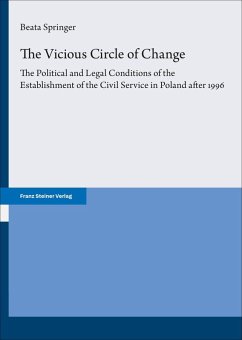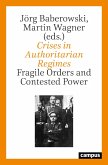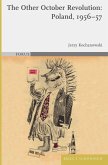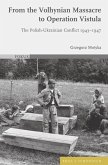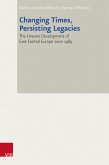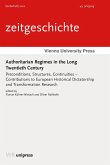The monograph concerns the analysis of mechanisms and processes of the evolution of the civil service corps in Poland after 1996. Additionally, it involves the evolution of the role of the state in the context of public administration and the significance of the dichotomous relationship between administration and politics. The research is interdisciplinary in nature and covers three areas: political, legal and regulatory as well as personal, cultural and historical aspects. It characterises the structures, organisation, legal nature, scope of rights and duties and principles like neutrality, impartiality and professionalism of the civil service.
Extensive empirical data on the Polish civil service enriched the analysis and was used to illustrate the state of the organisation between 1996 and 2016. These data included appraisals, appointments, examinations, employment, etc. By observing the dynamics and variability of the Polish civil service corps, the study has the character of a functional analysis. The reflections culminate in recommendations and proposals for improving the current situation.
Extensive empirical data on the Polish civil service enriched the analysis and was used to illustrate the state of the organisation between 1996 and 2016. These data included appraisals, appointments, examinations, employment, etc. By observing the dynamics and variability of the Polish civil service corps, the study has the character of a functional analysis. The reflections culminate in recommendations and proposals for improving the current situation.

